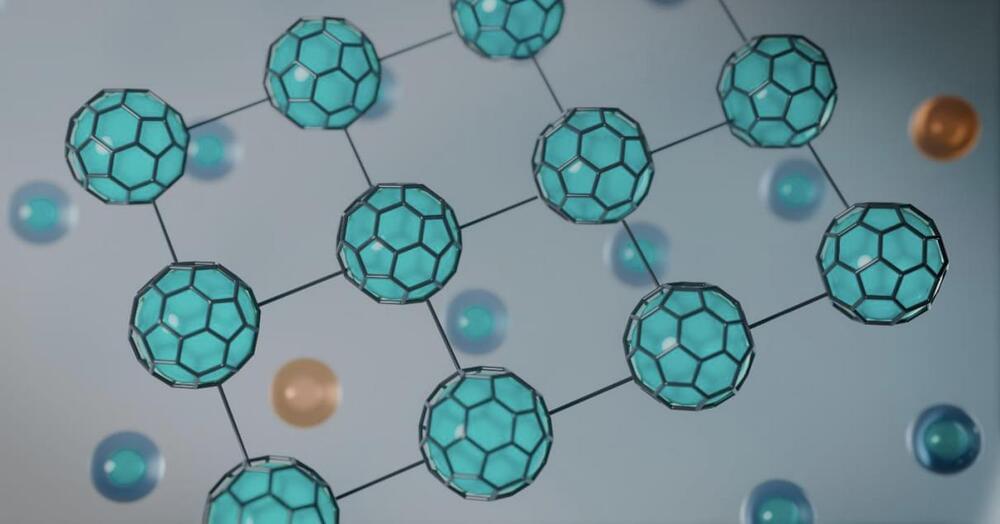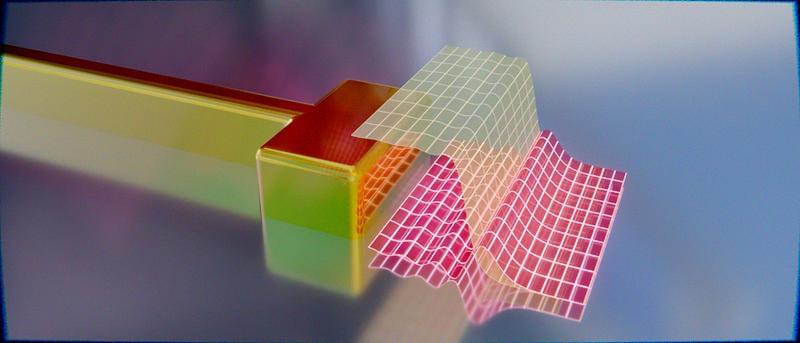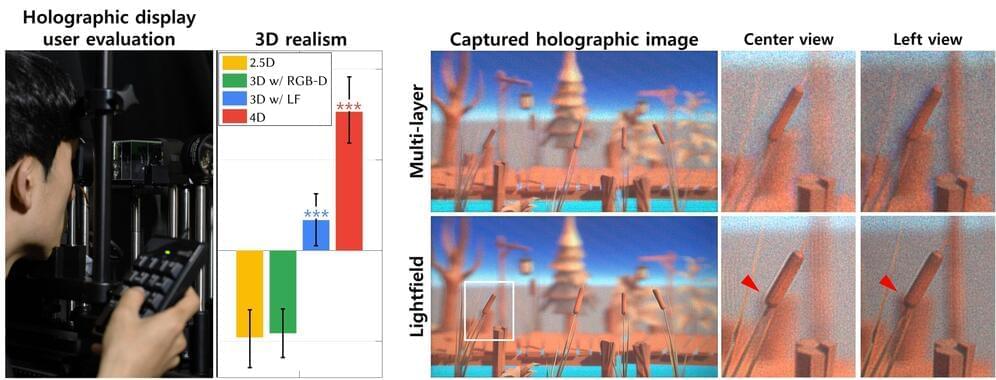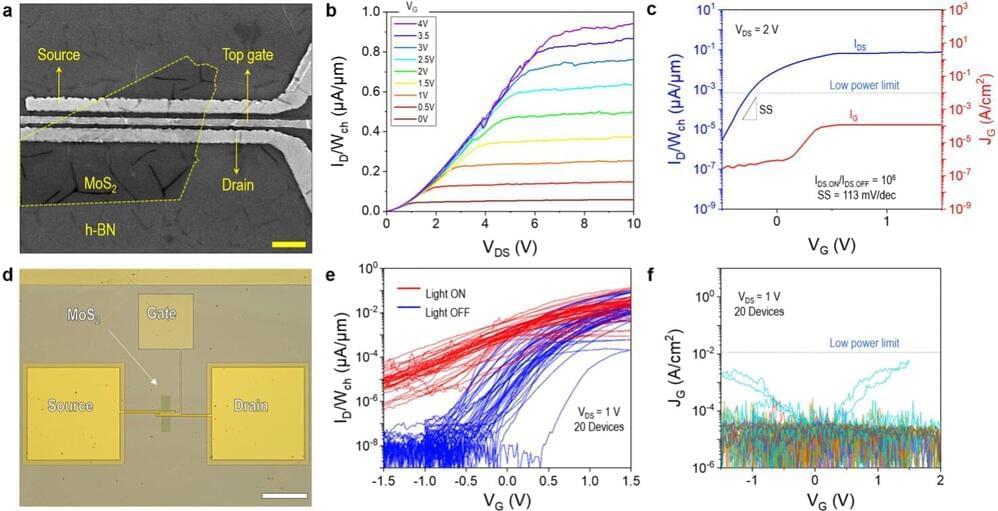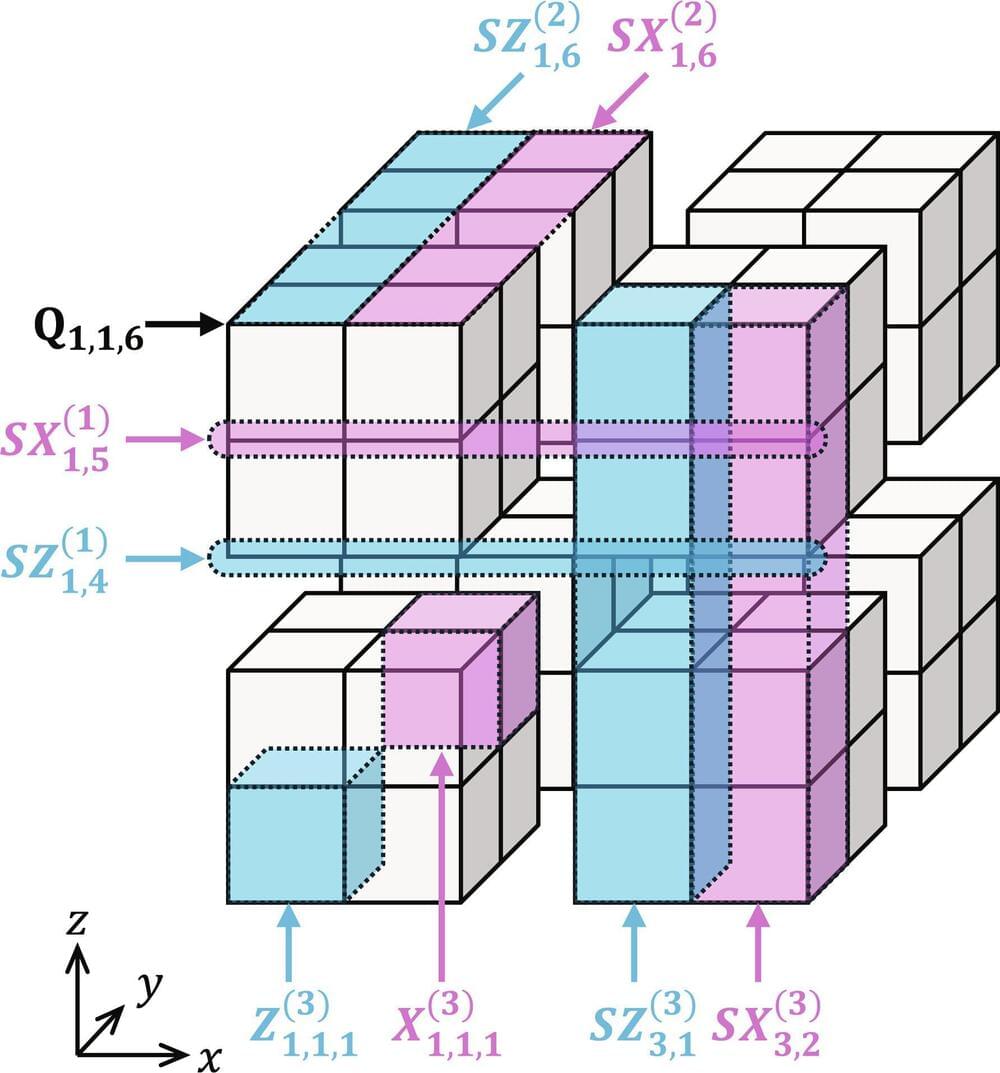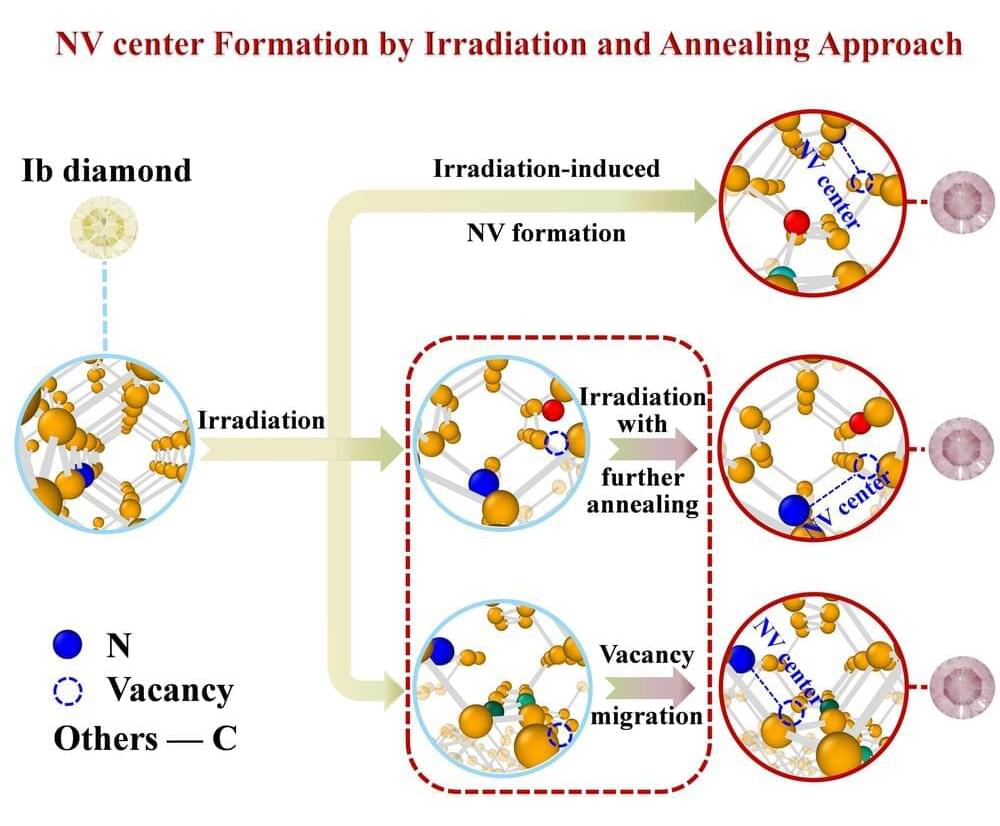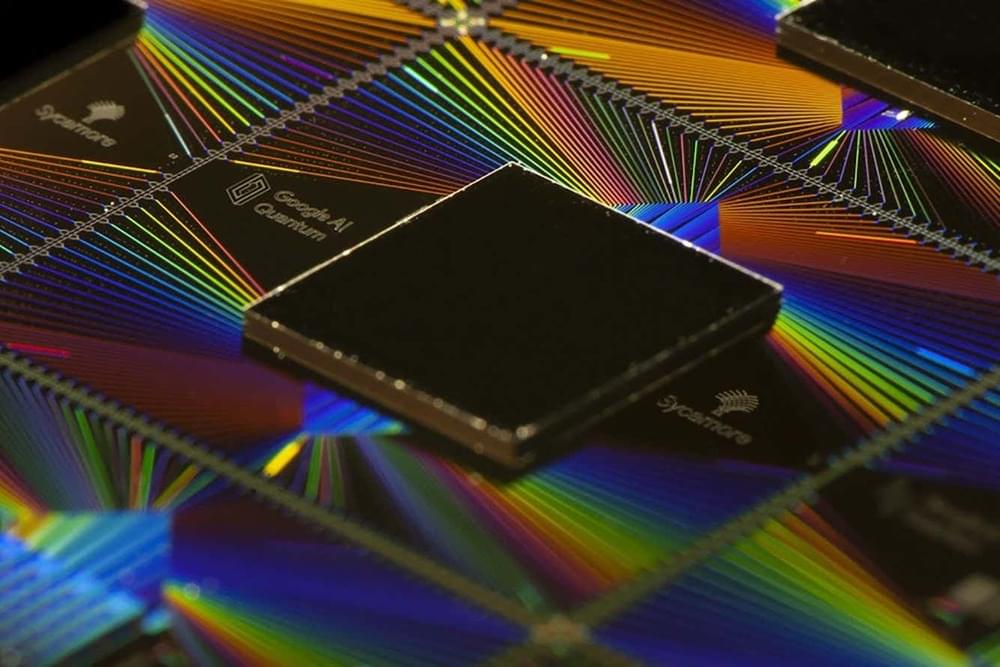How can the metal content of stars influence the formation of Earth-like exoplanets? This is what a recent study published in The Astronomical Journal hopes to address as an international team of researchers investigated the minimum amount of metals a star can possess (also called metallicity) that are needed for Earth-like planets to form in small orbits like our own. This study holds the potential to help researchers better understand the necessary conditions for Earth-like exoplanets to form, along with gaining new insights into the formation and evolution of other exoplanets.
This research builds off previous studies that hypothesized a correlation between star’s low metallicity and the formation of exoplanets smaller than Saturn or Neptune. For this new study, the researchers used computer models built from exoplanet data obtained by NASA’s Transiting Exoplanet Survey Satellite (TESS) mission to ascertain a metallicity cutoff where the formation of Earth-like exoplanets become impossible. In the end, the researchers indicated that a threshold between-0.75 and-0.5 metallicity is where Earth-like exoplanets can form.
“In a similar stellar type as our sample, we now know not to expect planet formation to be abundant once you pass a negative 0.5 metallicity region,” said Dr. Kiersten Boley, who recently completed her PhD at The Ohio State University and is lead author of the study. “That’s kind of striking because we actually have data to show that now. You don’t want to search areas where life wouldn’t be conducive or in areas where you don’t even think you’re going to find a planet. There’s just a plethora of questions that you can ask if you know these things.”

